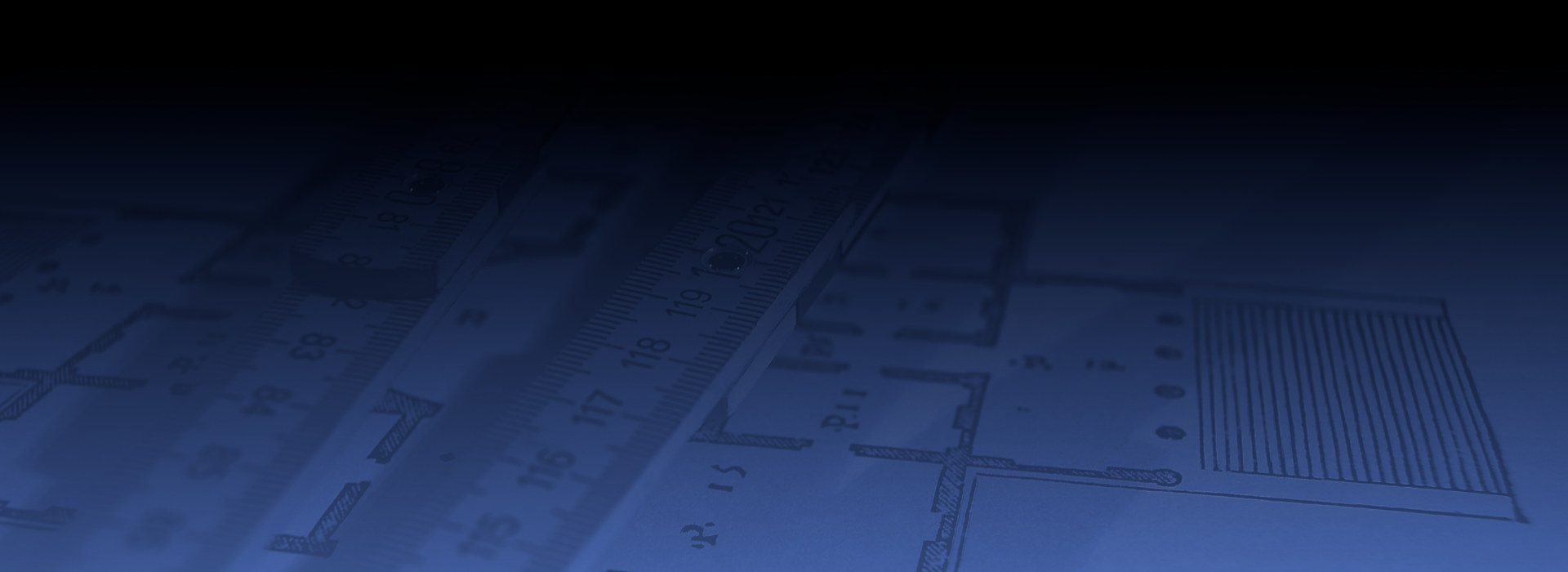Welcome
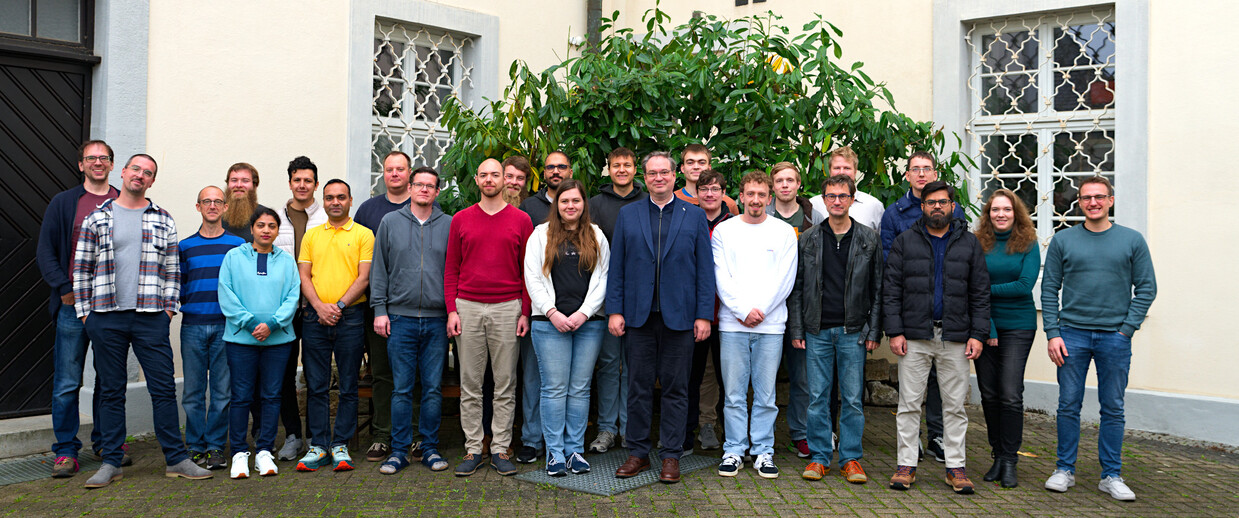
Research, teaching, and innovation at the Dependability of Software-intensive Systems (DSiS) group is inspired by the fact that in many areas of our daily lives, software has become one the main drivers of innovation. This means that dependability (including safety, security, reliability, availability, and performance) of systems strongly depends on the quality of the software. Our research on dependability of software-intensive systems has the vision of software engineering principles and methods integrated into systems engineering to systematically model and analyse software-intensive systems. This results in two major research lines: On the one hand, we work on a scientific foundation of software design in an engineering sense: We should be able to predict the consequences on design decisions prior to realization. Therefore, we work on software architecture quality analysis, which includes architecture-based simulators for performance and reliability and architecture-based analyses of confidentiality, vulnerability but also maintainability. On the other hand, we research on the extension of software-engineering-based approaches to handle complexity, and to make them applicable to non-software domains, such as meta-modelling, model- and view-based development, and view, version and variant consistency management. Both research lines are specialized for automotive and mobility applications as well as for the Industry 4.0 domain.
The DSiS group is part of Software Design and Quality.
Dr.-Ing. Sebastian Hahner has been honored with the 18th KIT Doctoral Award of the year 2024/2025 for his outstanding doctoral thesis titled “Architecture-Based and Uncertainty-Aware Confidentiality Analysis.” Congratulations!
Link to the KIT Doctoral Award
Dr.-Ing. Timur Sağlam successfully defended his thesis “Mitigating Automated Obfuscation Attacks on Software Plagiarism Detection Systems.” Congratulations!
Timur Sağlam's Page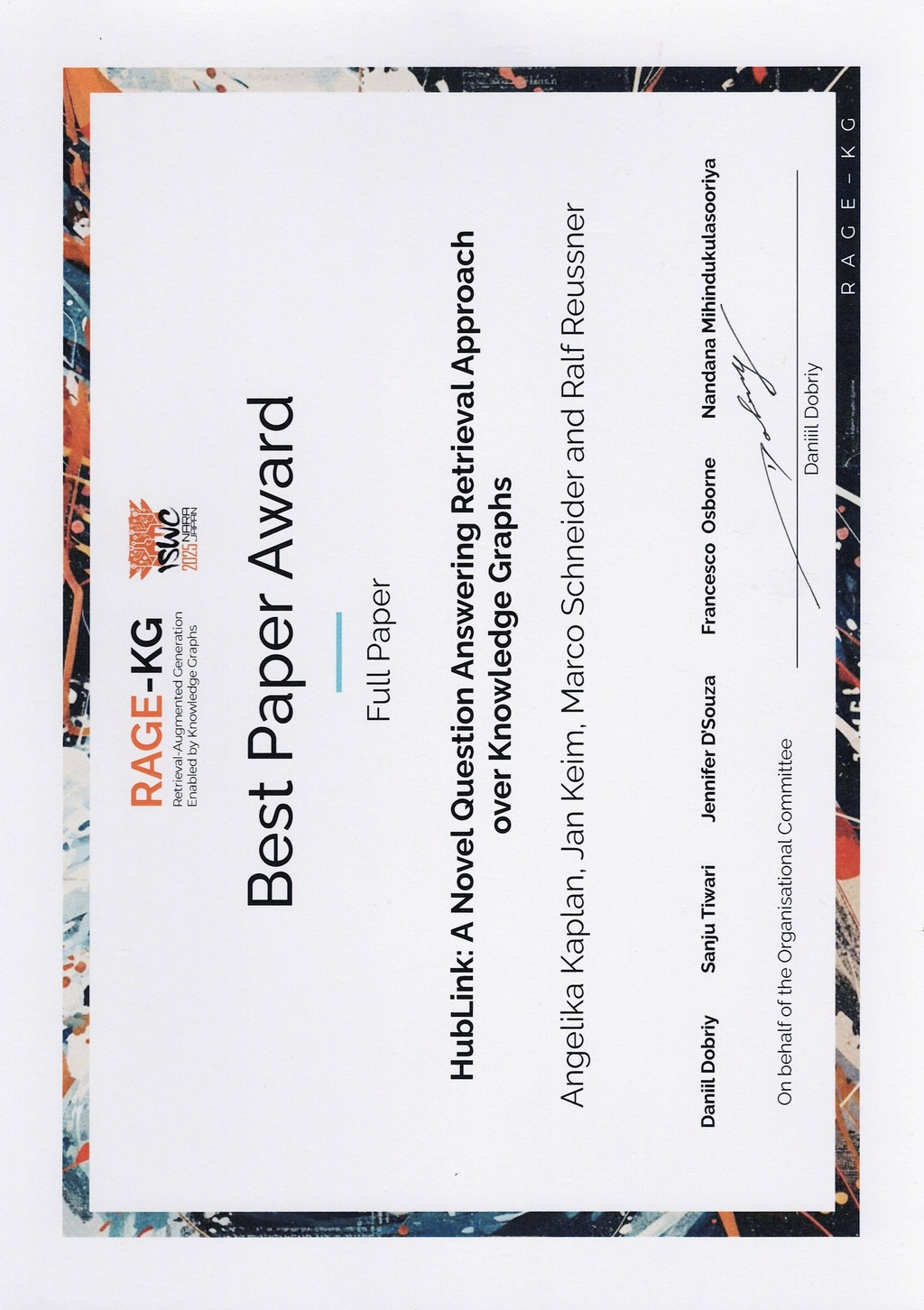
The paper titled "HubLink: A Novel Question Answering Retrieval Approach over Knowledge Graphs" by Angelika Kaplan, Jan Keim, Marco Schneider, and Ralf Reussner was praised as exceptional contribution and awarded best paper in the full paper category at the workshop for Retrieval-Augmented Generation Enabled by Knowledge Graphs (RAGE-KG) at the ISWC 2025.
In their paper, the authors introduce HubLink, a schema-agnostic and training-free approach for Question Answering over Knowledge Graphs that uses large language models to improve scholarly search and source-aware inference. Evaluated on the Open Research Knowledge Graph, HubLink outperforms state-of-the-art baselines, particularly for complex scholarly queries.
Link to the paper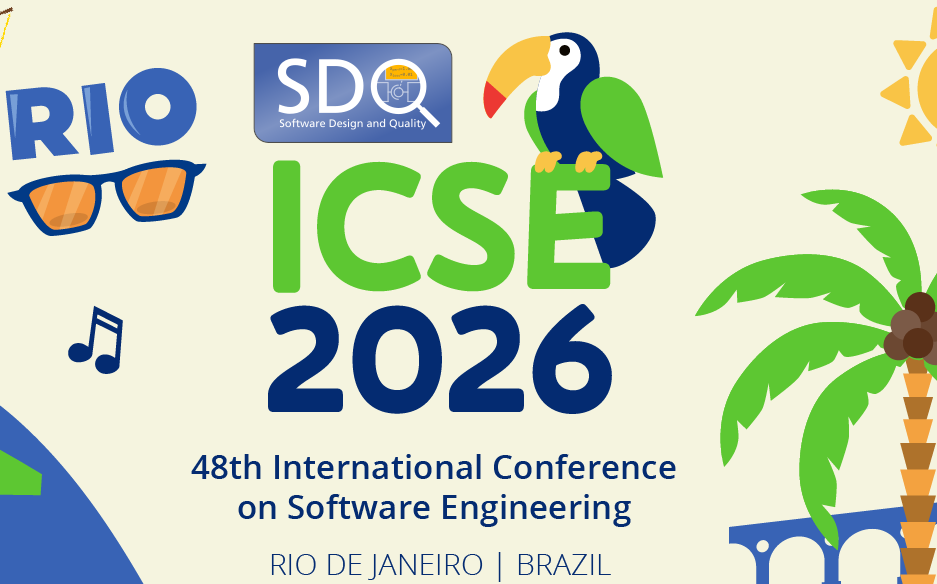
20 October 2025
We are happy to share that our paper “Same Same But Different: Preventing Refactoring Attacks on Software Plagiarism Detection” by Robin Maisch, Larissa Schmid, Timur Sağlam, and Nils Niehues has been accepted for presentation at the International Conference on Software Engineering (ICSE) 2026.
The work addresses a longstanding challenge in academic integrity: the vulnerability of source code plagiarism detection tools to refactoring-based obfuscation. The authors introduce Nocte, an extensible framework that leverages graph transformations on code property graphs to normalize code structure. This approach significantly strengthens the resilience of plagiarism detection systems against structural modifications often used to conceal copied code.
Congratulations to all authors on this excellent achievement!
ICSE 2026 homepage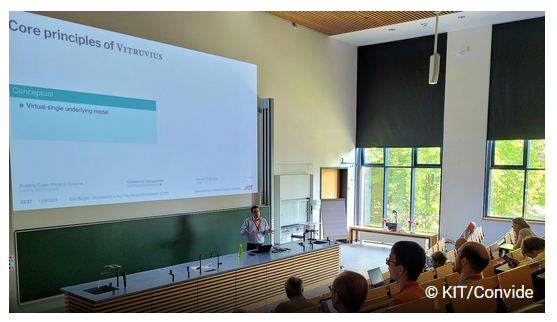
Convide PI Dr. Erik Burger gave a keynote on 12 June 2025 titled „Consistency in the View-Based Development of Cyber-Physical Systems“ at the 18th International Conference on Graph Transformation (ICGT). In his talk, he demonstrated the significance of model-driven technologies for improving the adaptability, reliability, and security of modern CPS.
Convide website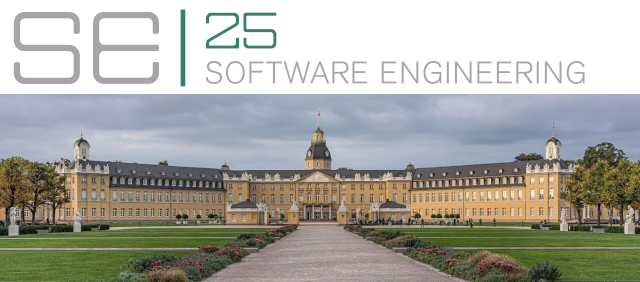
The Software Engineering Conference SE2025, organized by the Software Engineering division of the German Informatics Society (GI), will take place at KIT from February 24 to February 28, 2025.
The registration is now open. Further information can be found on the conference website: https://se2025.sdq.kastel.kit.edu/.
Organizing Committee: Anne Koziolek (General Chair), Anna-Lena Lamprecht, Thomas Thüm (Program Chairs), Sascha Alpers (Industry Chair), Lisa Sonnleithner, Kevin Feichtinger (Workshop Chairs), Ralf Reussner (Sponsoring Chair), Jan Keim (Local Chair), Tobias Hey (Publicity Chair), Erik Burger (Proceedings Chair)
SE 2025 website